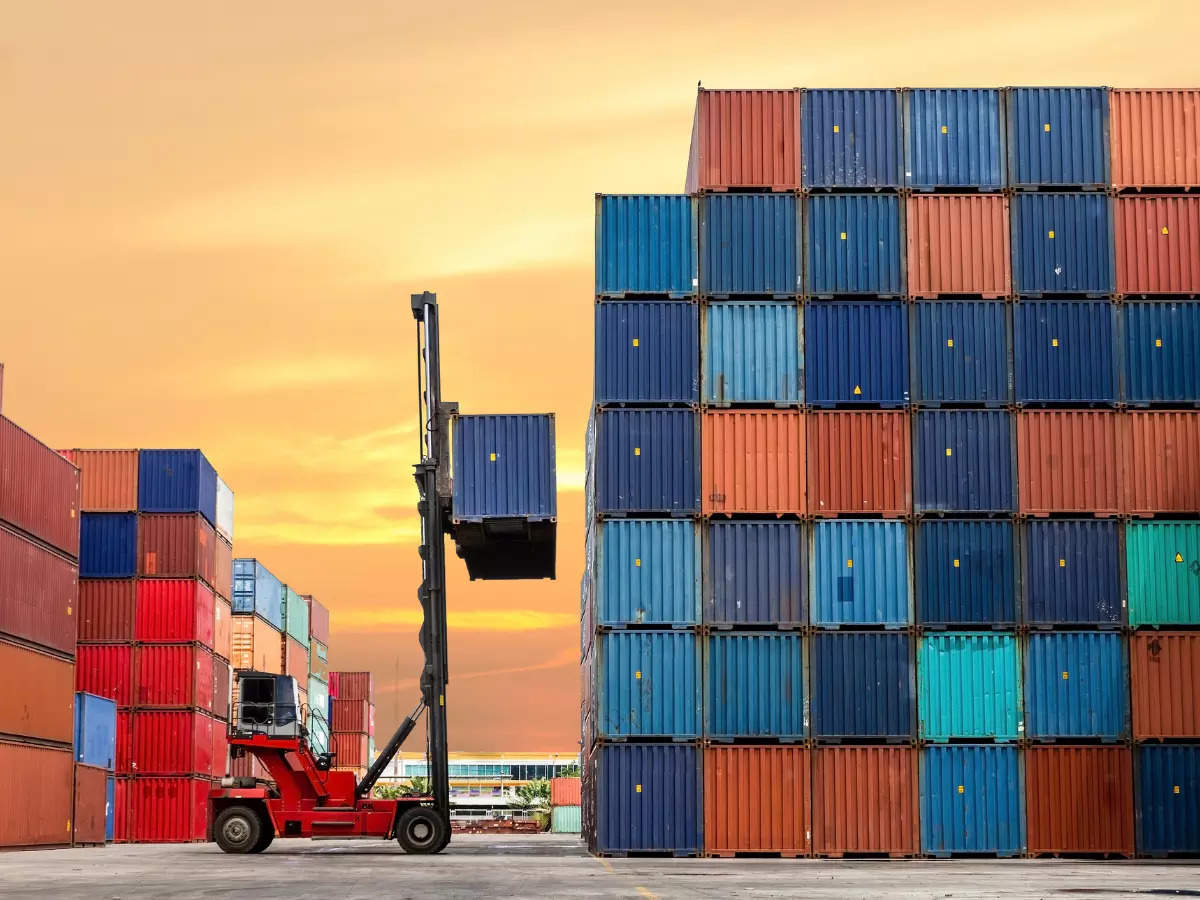
[ad_1]
Inclusion of those points in commerce pacts may have adverse impacts, they mentioned, including that the current US presidential memorandum of Joe Biden on employee rights signifies a deepening concentrate on labour requirements in commerce offers.
Negotiations are on quick observe with a complete commerce settlement with the UK, which seeks to advertise commerce in items, companies and two-way investments.
Suppose tank International Commerce Analysis Initiative (GTRI) Ajay Srivastava mentioned that such provisions may erode the aggressive benefit of creating nations by inflating manufacturing prices.
Citing an instance, he mentioned that the US-Mexico-Canada free commerce settlement, which mandates a minimal wage in Mexico’s auto sector, doubtlessly diminishes its competitiveness.
Sharing related views, commerce skilled and former authorities official Sangeeta Godbole additionally expressed reservations about labour clauses in commerce offers. She was concerned within the negotiations of the India-EU commerce settlement. “Even non-binding labour provisions within the EU-South Korea FTA led to a dispute adversely impacting South Korea’s auto trade, cautioning in opposition to complacency in negotiations,” Godbole mentioned.
Worldwide commerce skilled Abhijit Das mentioned that labour provisions in commerce agreements typically search enforcement of home legal guidelines and may result in punitive actions for non-compliance.
He famous that the labour clauses within the current provide chain resilience settlement underneath IPEF as a possible gateway for elevated scrutiny and a stress level for the imposition of import restrictions in future primarily based on alleged labour legislation violations.
“India should tread fastidiously in negotiating labour provisions in commerce agreements, conscious of the potential repercussions on its manufacturing sector and general commerce competitiveness,” the specialists mentioned.








